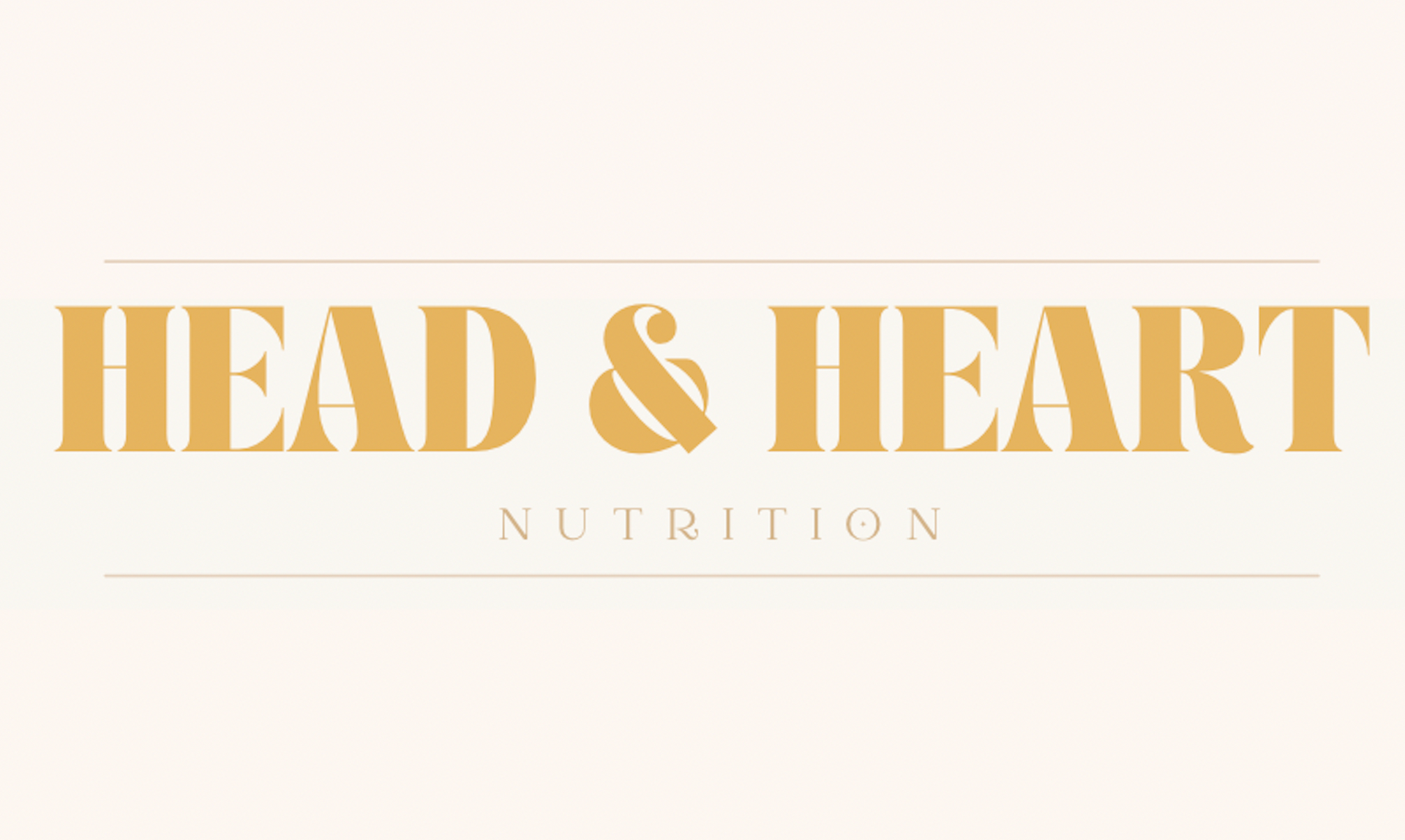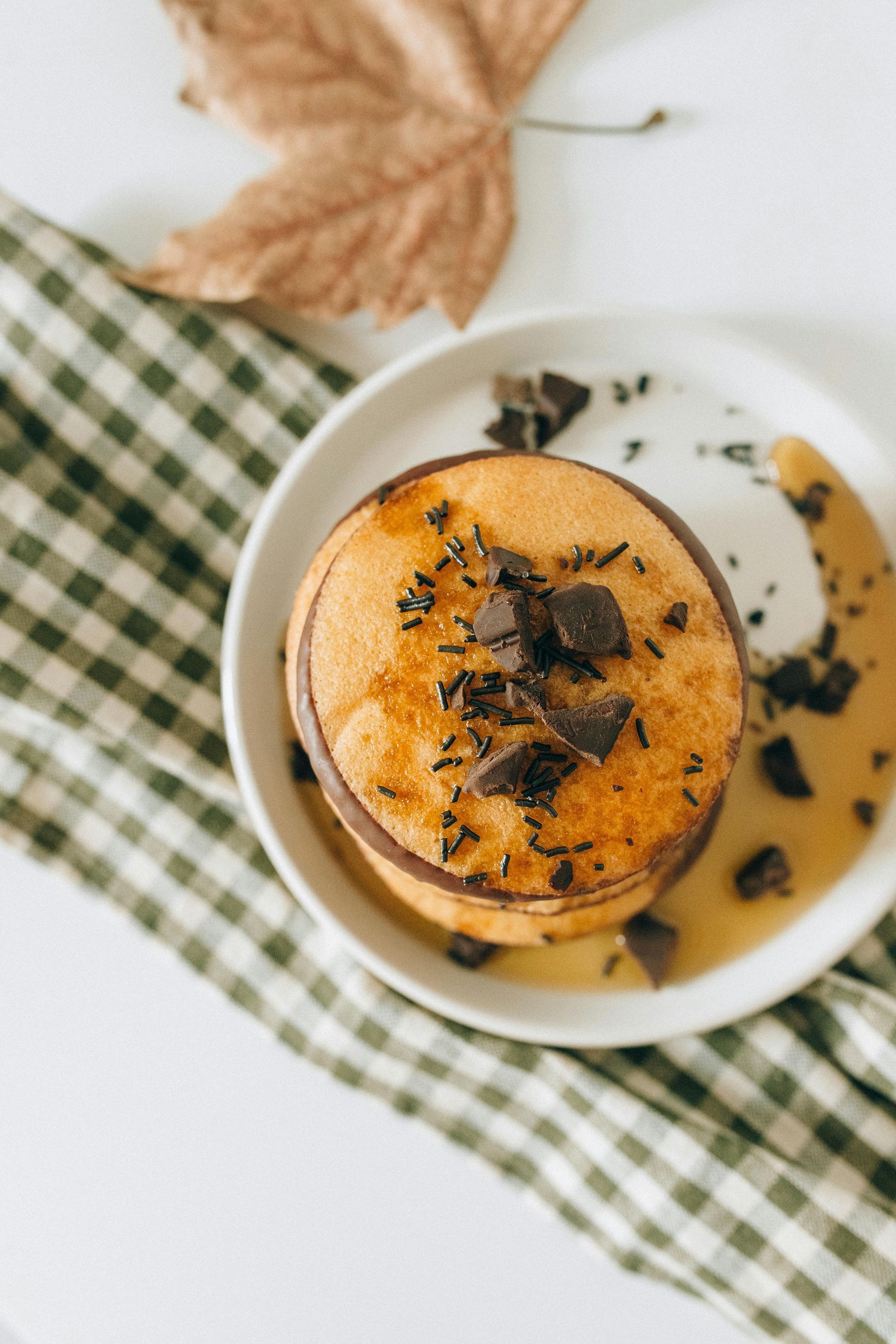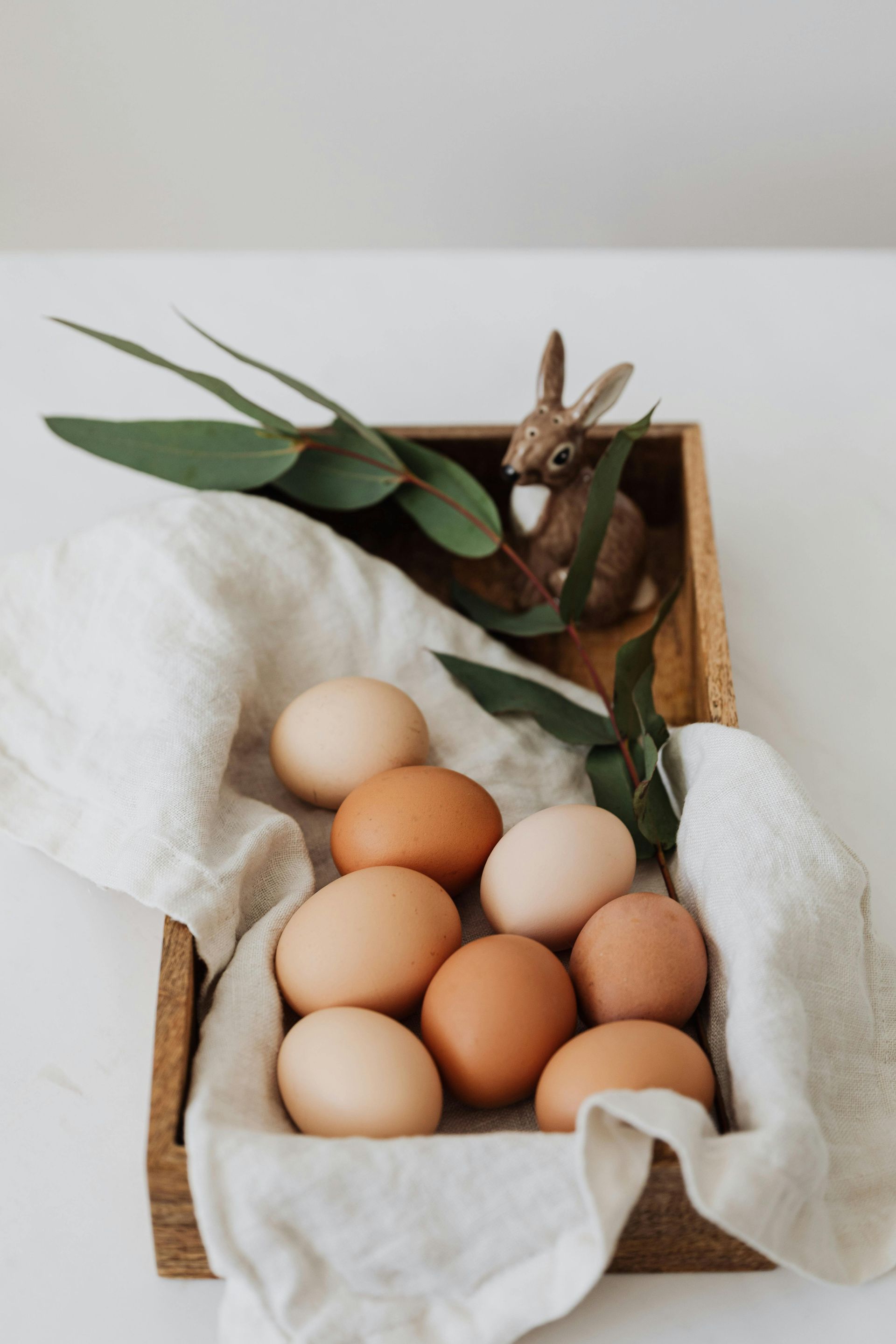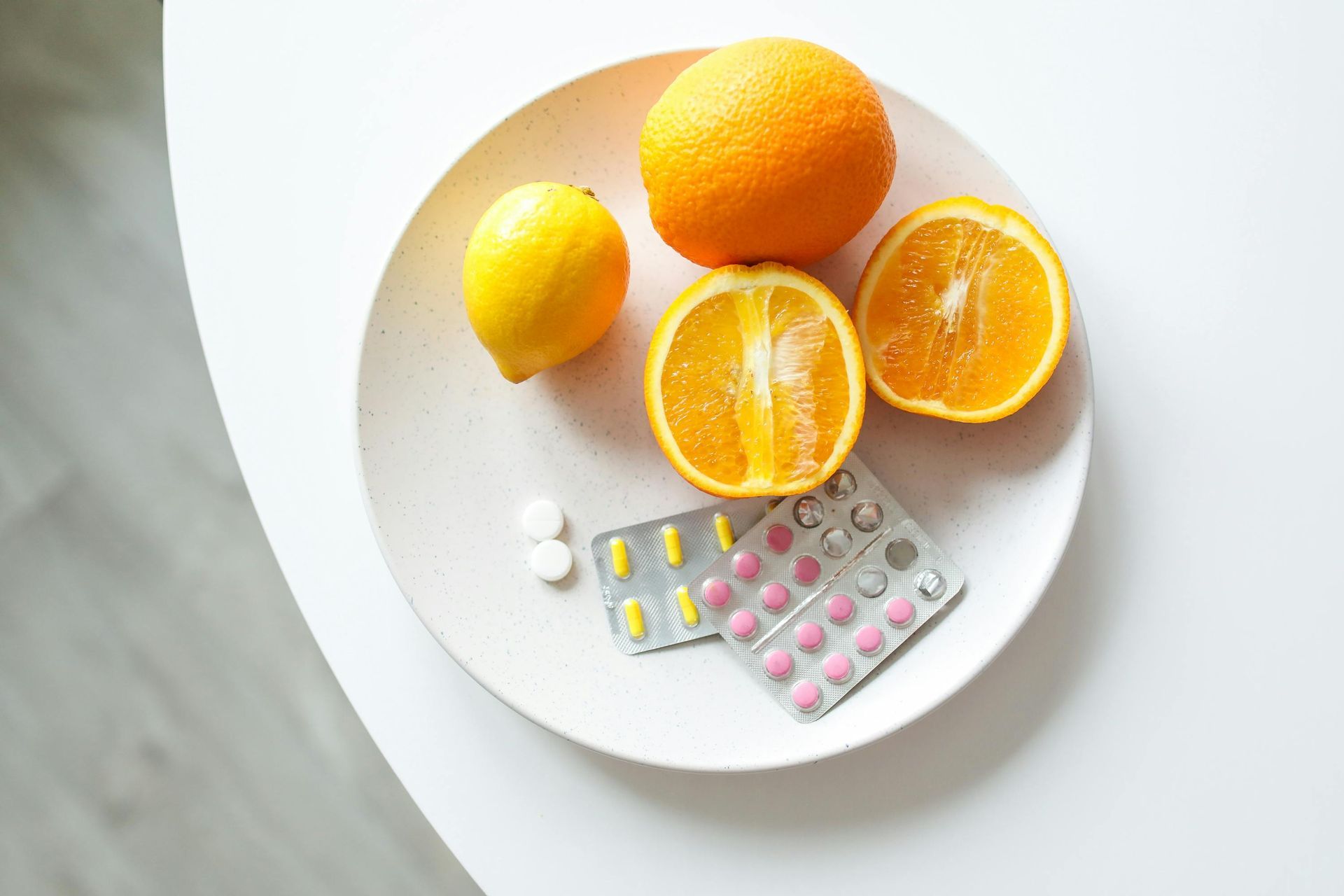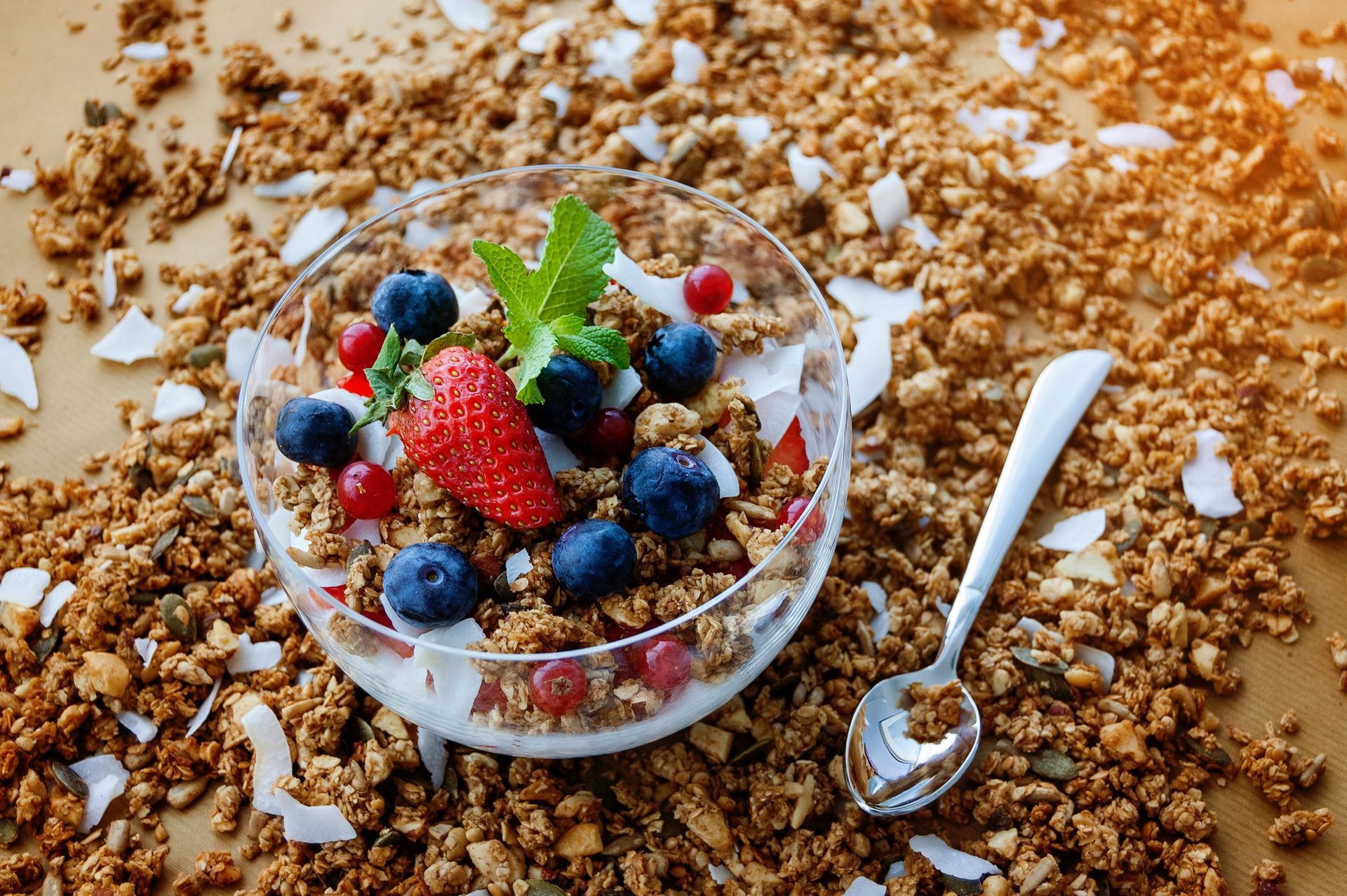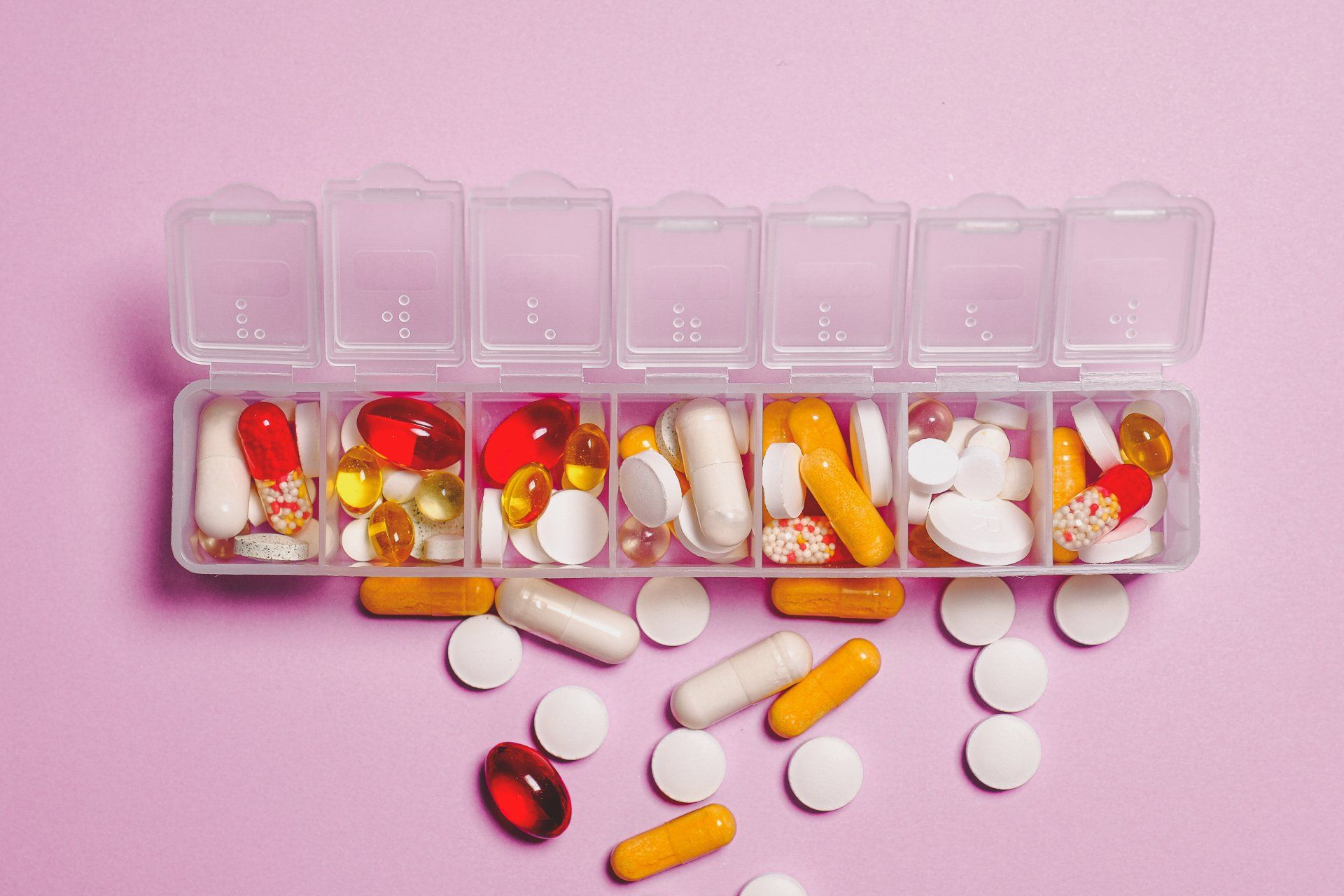The Protein Puzzle: Maximizing Protein Intake with Flavorful Choices
Crafting Culinary Delights with High-Protein Vegetables
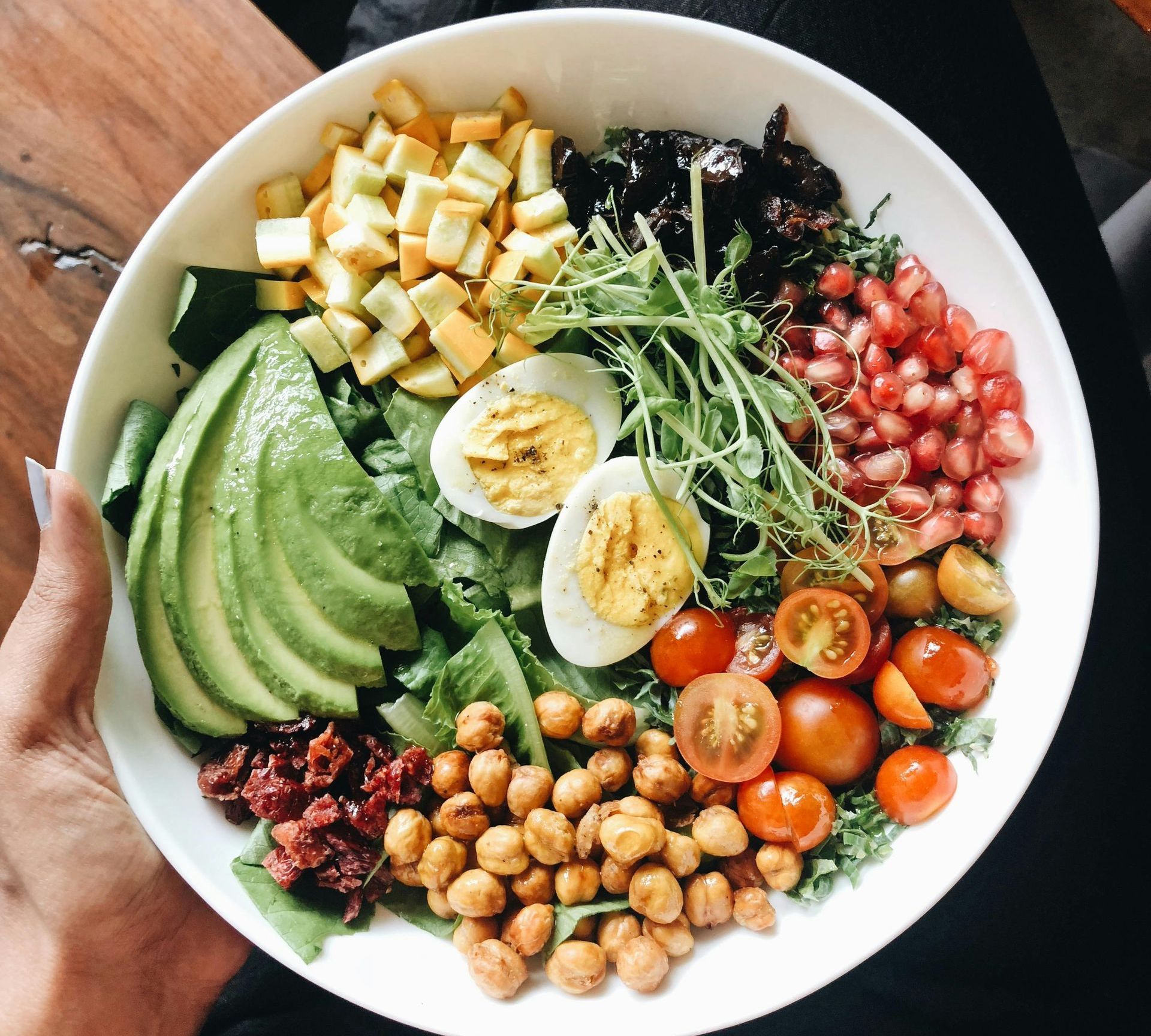
There is a huge focus on high protein intake in the health world right now. While not everyone needs a high protein diet, many populations can benefit. Older adults, athletes, post surgery/healing, and other conditions might need a higher intake of protein. How do you know how much protein you need? The average adult will need 0.8 grams per kilogram of weight (divide your weight in pounds by 2.2, then multiply by 0.8). If you are active, depending on the activity, your needs could range from 1.1-1.8 grams per kilogram.
For some people, meeting their protein goals can be difficult. My best advice is instead of trying to eat a large portion of a single protein per meal, try to incorporate multiple ingredients that are moderate-high in protein. This creates variety in your meal, filling it with more nutrients and making each bite exciting. It also can help prevent you from getting tired of the same foods - some people end up developing aversions to foods from eating them too frequently.
Hitting your nutrient goals and also enjoying food definitely can take some planning and creativity. Below, I have listed plant based food with the highest protein, which can easily be added and incorporated into your meals. I’ve included the grams of protein per cup, but you do not need to eat a cup of them at a time. At the end of the article, I have listed some meal examples and how you can add little bits of foods for big results!
- Lentils - 18g protein per cooked cup
- Lentils are a great addition to any diet. They are high in protein and fiber, which will you help feel full and satisfied, while also keeping your digestive tract happy. They can be easily added into soups, stews, sauces, and salads.
- Peas - 8g protein per cup
- Green peas are a great source of protein. Split peas have even more, but a bag of frozen green peas can be more convenient to use. For those who prefer split peas, they have 16g of protein per cooked cup! Green peas are high in fiber, B vitamins, Vitamin C, Vitamin K, manganese, and phosphorus, making them a great addition to any meal.
- Spinach - 6g protein per cooked cup
- Spinach is jam packed with vitamins, minerals, and protein! It is a great for reducing inflammation and providing the body with essential nutrients to keep it functioning at its best. I add spinach to almost every savory meal!
- Chickpeas - 14.5g protein per cup
- Chickpeas are a great food because of their affordability and versatility. They can be eaten out of the can, baked, sauteed, mashed, in pasta form, and more. One cup provides almost half of the fiber you need for a whole day. They are one of my favorite foods to add to dishes. If you find chickpeas to be hard on your stomach, I recommend mashing or cooking them, as this helps break down some of the fibers that may be hard on your GI tract.
- Asparagus - 4.3g protein per cooked cup
- Asparagus is a great vegetable once you get past the smell ;) Asparagus will give you protein, is very high in folate and vitamin K, and is high in copper, selenium, B vitamins, vitamin C, and will contribute to your fiber intake.
- Corn - 4.2g protein per cup
- I know people are hesitant on corn. Some people believe corn is bad for you and should be avoided, but I strongly disagree. Corn provides protein, fiber, B vitamins, magnesium, phosphorus, and potassium. This will make them a filling addition to your dish, while also boosting metabolic processes and electrolytes - improving fluid balance. Why is corn feared? Starches have gained a bad rep. There is a difference between starchy veggies and non starchy veggies, but that doesn’t mean starches need to be avoided!
- Broccoli - 3.7g protein per cooked cup
- While 3.7 grams may not seem like much, don’t discount broccoli while trying to reach your protein goals. Not only can they give you a boost towards your protein, broccoli is great for fiber, folate, vitamin C, vitamin K, vitamin E, potassium, and more. Broccoli can help you feel full and satisfied, while also providing anti inflammatory properties.
- Potatoes (sweet and white) - 3-3.5g per cup baked
- Similar to corn, white potatoes have been villainized, and many people believe sweet potatoes are superior. I am a fan of both and think both should be incorporated into a balanced diet. White potatoes will contribute to protein, fiber, B6, vitamin C and potassium. The health impact of the white potato lies in the way you cook the potato, not the potato itself. Sweet potatoes are very similar - they will have about 0.5 more grams of protein per cup, contribute fiber, are great for vitamin A, B6, vitamin C, manganese, and potassium. Instead of thinking which is better, and eliminating one, allow yourself to choose based on what you are craving that day!
The list can honestly go on and on, as many different foods will contribute to protein. The point is, you don’t have to get your protein by eating 8 oz of chicken or steak at a meal. You can add different components to a dish that can help bring a variety of flavors and a variety of essential nutrients for your body. Below are just some examples on how you can incorporate multiple items into a dish to make it higher in protein (you can play around with serving sizes and amounts - these are just some ideas!). Whether you're enjoying the versatility of chickpeas, the richness of lentils, or the nutritional benefits of green peas and leafy greens, each bite contributes to your overall well-being. Remember, there's no one-size-fits-all approach to nutrition, so embrace the diversity of options available. By making mindful choices and listening to your body's cravings, you can create a balanced and enjoyable eating experience. Here's to savoring the goodness of every meal and nourishing your body with the essential nutrients it deserves.
Shrimp stir fry - 66g
- 1 cup frozen shrimp
- ¼ block tofu
- 1 whole egg
- ¾ cup peas
- 1 cup spinach
- ½ cup quinoa
- Add any other veggies you like and a good sauce!
Spaghetti Bolognese - 60g protein
- 2 oz Barilla Protein+ Spaghetti
- ½ cup boiled lentils (you can cook in sauce + water for added flavor)
- 4 oz 95% lean ground beef
- ¾ cup cooked broccoli
- ¼ cup peas
- ½ cup cooked spinach
- 1 cup tomato sauce
Quinoa burrito bowl - 55g protein
- 1 cup cooked quinoa
- 4 oz chicken breast
- ½ cup black beans
- ½ cup cooked spinach
- ½ cup corn
- Add any sauteed veggies (I love onion, peppers, mushrooms)
Ground turkey bowl - 45g protein
- 3 oz lean ground turkey
- 1 cup cooked broccoli
- 1 cup cooked asparagus
- 1 cup chickpeas
- 1 cup baked potato
- Add a low sodium sauce to bring it together!
Salmon sheet pan - 46g protein
- 4 oz wild salmon
- 1 cup peas
- 1 cup baked potato
- ½ cup chickpeas
- Add a low sodium sauce to bring it together!
Quinoa breakfast bowl - 37g protein
- ⅓ cup quinoa
- ¾ cup egg whites (measured raw)
- 1 cup cooked spinach
- ¾ cup cooked broccoli
- 1 whole egg
- Add any other veggies you want! (again, I love onion, peppers, mushrooms)
